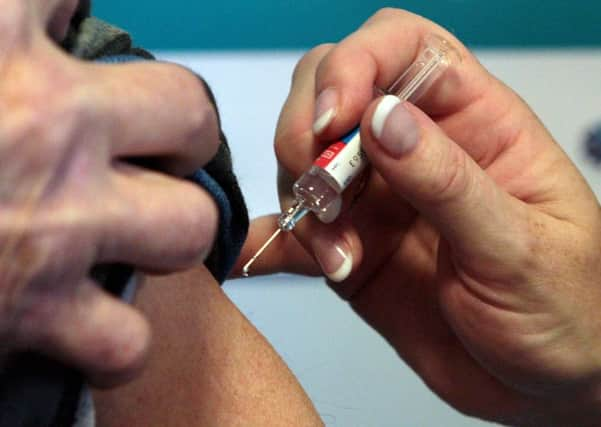Calls for better support for ‘tainted blood’ victims


Nearly 1,000 people who were infected with HIV and hepatitis C with contaminated blood products from the 1970s to the early 1990s took part in a four-month inquiry.
It says despite a “patchwork of financial support” administered through two private companies and three charities, many of those who received infected blood are still living in poverty.
Advertisement
Hide AdAdvertisement
Hide AdWidows and widowers of Hepatitis C infectees receive no ongoing financial support, nor do people with chronic “stage one” Hepatitis C.
Some people said they had been reduced to tears having to beg to get vouchers for basic foodstuffs and white goods.
Others had the humiliation of seeing their medical condition exposed to shop staff when handing over vouchers with the name of a charity printed on them.
Pressure is being put on the Government to consider a possible further settlement ahead of the publication of the £12m Penrose Inquiry which has been investigating how hundreds of people were given contaminated blood in the 1970s and 1980s in Scotland. The report also calls for the Prime Minister to publicly apologise for the scandal.
Advertisement
Hide AdAdvertisement
Hide AdHull North MP Diana Johnson who co-chairs the All-Party Parliamentary Group on Haemophilia and Contaminated Blood said: “Some 963 people gave detailed, harrowing and at times deeply moving accounts setting out all the problems with the support they’ve been given. This report contains detailed recommendations on practical ways in which the lives of those infected, their families and carers can be improved. It will help them live the rest of their lives with dignity.
“They are owed much more than an apology.”
Co-chair Jason McCartney, Tory MP for Colne Valley, said victims had to navigate a difficult and intrusive application process to get help: “Respondents of the survey frequently mentioned the heartbreak and strain caused by feeling as though they have to ‘beg’ for every bit of support that they receive.”
Recommendations made by the report include seconding a public health doctor to the five trusts to carry out an independent assessment of each person’s needs and providing adequate funding for them.